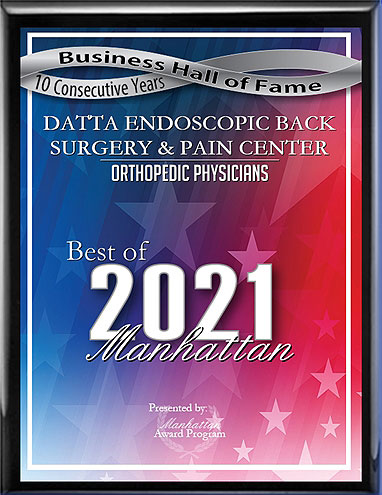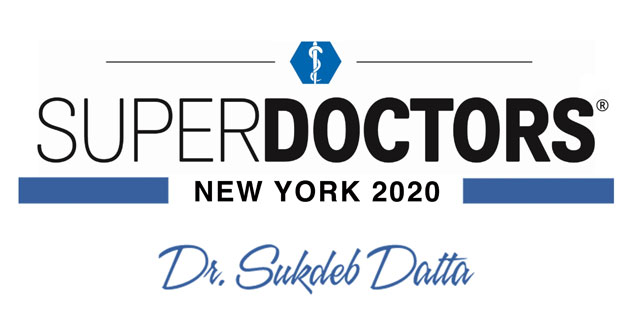Bulging discs are a common spine condition that can cause a variety of symptoms depending on the location and severity of the condition. Below, we will explore the basics of identifying and treating a cervical spine disc bulge.
What is a Cervical Spine Disc Bulge?
The spine's vertebrae are separated by intervertebral discs. The discs provide flexibility and structure, helping to absorb shock and allow the vertebrae to move past one another. In some cases, a disc becomes misshapen and may bulge in one or more places. The bulging disc may press against the spinal cord or nerve roots, producing symptoms.
The cervical spine refers to the neck. Nerves that reach all other parts of the body travel through the neck. Because of this fact, a cervical spine disc bulge can be more serious than a disc bulge in the lower spine.
Bulging discs occur for a variety of reasons. Sometimes, they develop slowly over time, as a result of disc degeneration. Other times, trauma is the cause. Obese people, people with physically strenuous jobs or hobbies, and pregnant women are all at an increased chance of developing a bulging disc.
Symptoms
Patients with a bulging disc in the cervical spine may experience a variety of symptoms affecting many parts of the body. The exact nature of symptoms depends on the specific case, but possible symptoms include:
- Neck pain
- Back pain
- Pelvic pain
- Arm pain
- Leg pain
- Muscle weakness in the arms
- Muscle weakness in the legs
- Numbness or tingling in the arms
- Numbness or tingling in the legs
In rare cases, a cervical spine disc bulge may affect bowel or bladder function. Symptoms may get worse when coughing or moving the head.
Diagnosis
The symptoms of a cervical spine disc bulge can be similar or identical to symptoms associated with a wide variety of other conditions affecting the cervical spine, including herniated discs, bone spurs, and spondylolisthesis. Although diagnosis begins with a physical examination of the affected body parts, further testing is required to make a diagnosis.
The doctor will order medical imaging to determine the presence of a bulging disc. MRI and CT scans are two techniques commonly used to diagnose this condition.
Dr. Sukdeb Datta would be happy to meet with you about your cervical spine disc bulge. To schedule a consultation today, please click below and enter your information or call the Datta Endoscopic Back Surgery and Pain Center at (212) 430-0312.






 EDISCSCULPT
EDISCSCULPT



